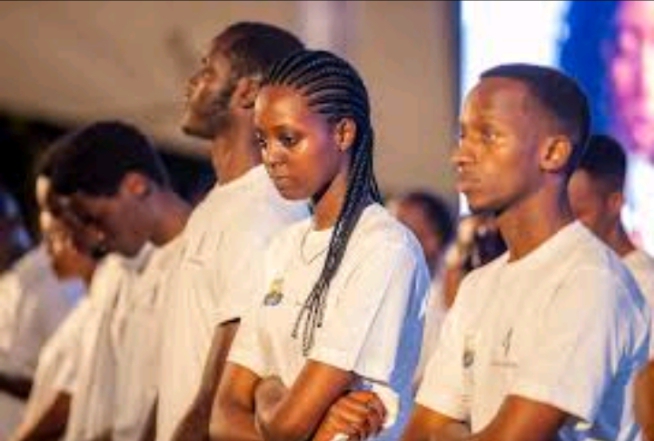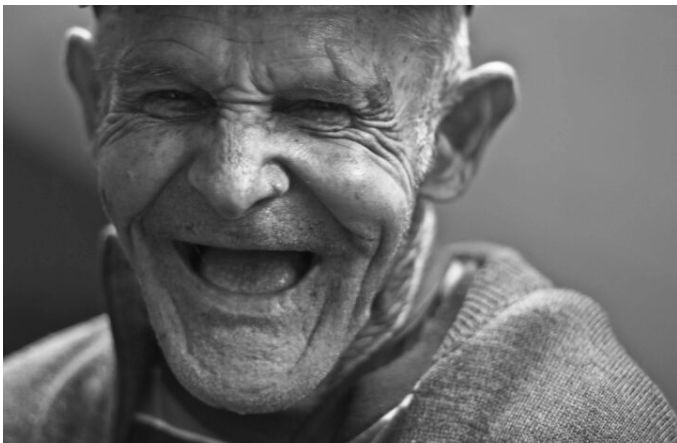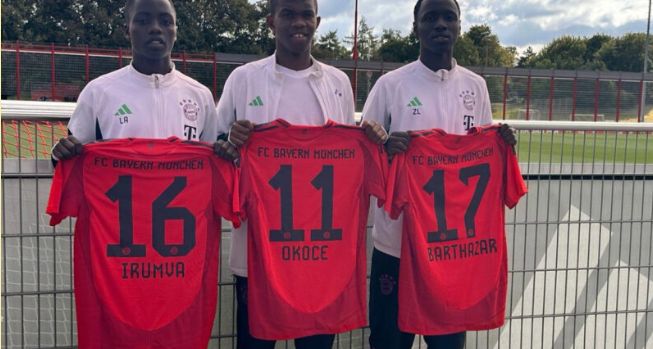
The IBUKA, AERG and GAERG-AHEZA groups have united to form a single organization called IBUKA, after they had been discussing it for some time.
It is a decision announced this Sunday, December 8, 2024 by the IBUKA Society. It is part of a joint effort to strengthen and coordinate the activities of the families of survivors of the Genocide against the Tutsis in 1994.
The information IMUZI has is that it has been more than five years since these changes were discussed, and the last meeting to connect the leaders of these organizations made a decision.
In a statement released, IBUKA announced that it will continue to strive to ensure that the history of the Genocide against the Tutsis is not forgotten.
“After 30 years after the Genocide was stopped, the effects of the Genocide are still visible in Rwanda and abroad. The IBUKA community continues to take measures to deal with them and solve them. The IBUKA community, together with Rwandans in general and friends of Rwanda, will strive to ensure that the history of the Genocide against the Tutsi is not forgotten, and will continue to contradict those who deny and belittle the Genocide against the Tutsi.”
He went on to say that “The IBUKA community will continue to cooperate with the Government of Rwanda in a good program of unity and integrity as one of the ways to build a Rwanda free from any discrimination.”
After the decision to unite these organizations, the General Assembly elected the leaders of the IBUKA Community, where Dr Philbert Gakwenzire was appointed President, Christine Muhongayire was appointed First Vice President, Blaise Ndizhihi was appointed Second Vice President, Louis de Montfort Mujyambere was appointed Secretary General.
Aline Mpinganzima was also appointed as the Commissioner for Youth, Education and Culture, Mr. Janvier Bayingana was appointed as the Commissioner for Remembrance, Integrity, Justice and Building Sustainable Peace.
Monique Gahongayire was appointed Commissioner for Health, Welfare and Gender Equality. Evode Ndatsikira was appointed Commissioner for Research, Development, Capacity Building and Investment.
IBUKA was established in 1995 in order to protect the interests of the survivors of the Genocide against the Tutsis, to preserve its history and to ensure that it will not happen again. It works in Rwanda and outside the country.
These reforms concern IBUKA in Rwanda because IBUKA organizations in other countries will continue to work as usual but do not have the same rope as the one in Rwanda.
AERG was founded by 12 students, who studied at the former National University of Rwanda in 1996, and later expanded.
GAERG was born in 2003, with the aim of empowering the families of survivors of the Genocide against the Tutsis, to cooperate with other Rwandans against the Genocide and other conflicts to build the development of Rwanda.








